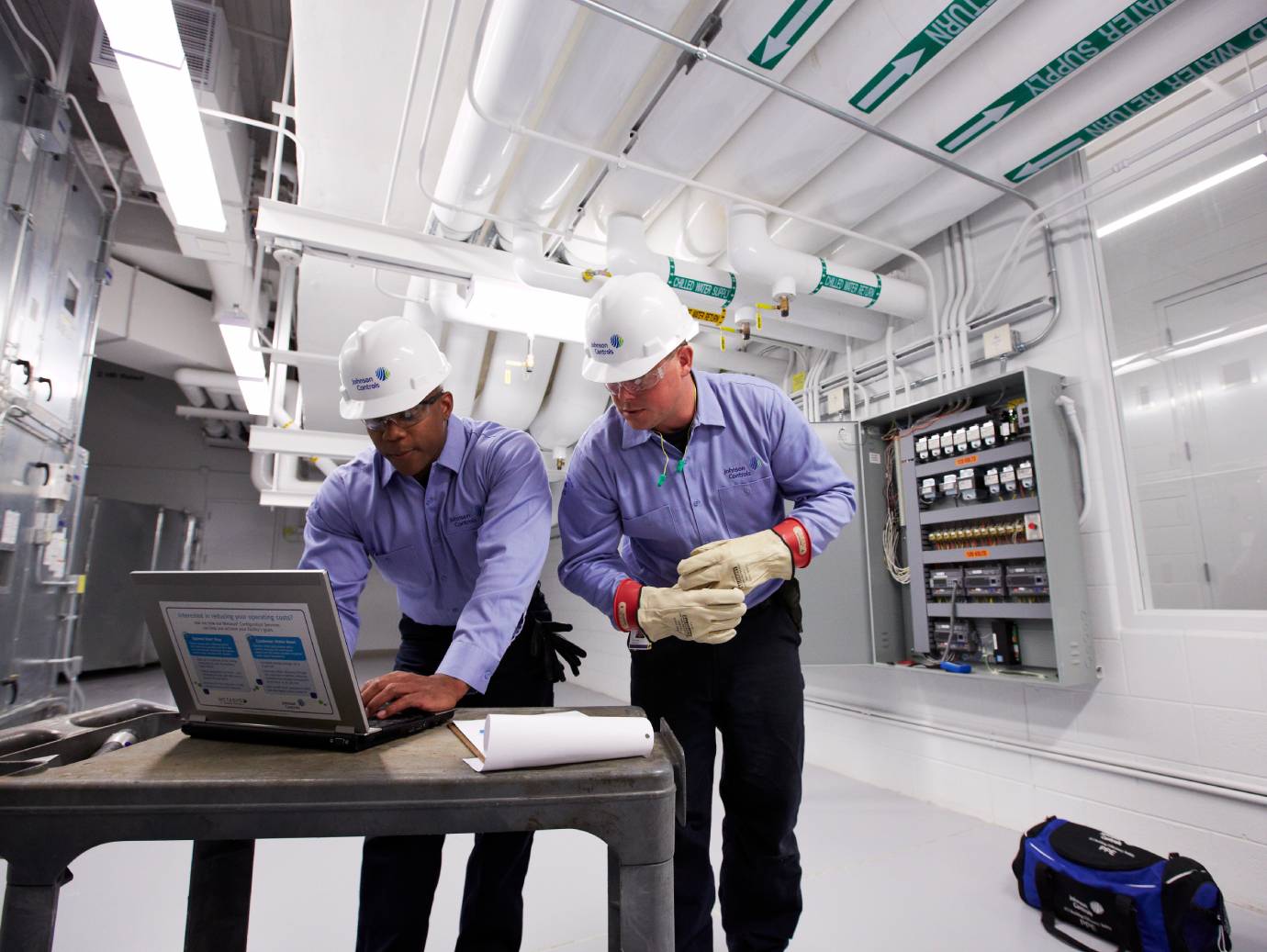Just How to Select the Right A/c System for Your Requirements
Selecting the appropriate HVAC system is a critical choice that needs careful consideration of numerous aspects. Begin by examining your home's size, design, and distinct requirements, as these elements determine the required capacity and arrangement of the system. In addition, establishing a spending plan that includes installment and lasting functional expenses is necessary. As you evaluate your options, comprehending power effectiveness rankings and the implications of your neighborhood environment will certainly play a significant function in your selection. The myriad of system kinds available can complicate this procedure, leading one to ask yourself which path eventually leads to optimal comfort and performance.
Examine Your Home Size
Analyzing your home size is an important initial step in picking the appropriate HVAC system. The dimension of your home directly affects the cooling and heating capability needed for effective climate control. A heating and cooling system that is too little will certainly battle to keep comfy temperature levels, causing enhanced energy consumption and wear on the unit. Conversely, an oversized system can result in brief cycling, poor humidity control, and ineffective operation.
To accurately assess your home size, determine the square video footage of each room, taking into consideration aspects such as ceiling height and the format. Additionally, think about the insulation quality and the number of windows, as these aspects affect thermal performance. Residences with open flooring plans might call for different system arrangements contrasted to those with many separated spaces.
Making Use Of the Handbook J tons computation technique can provide a more precise estimate of your heating and cooling requires. This technique represent different variables, including local environment, solar gain, and occupancy patterns. By very carefully assessing these facets, you can make sure that your selected cooling and heating system is suitably sized, bring about improved convenience, power performance, and durability of the equipment.
Determine Your Budget
Identifying your budget is a crucial action in the heating and cooling system option procedure, as it sets the parameters for your options - DMAKS HVAC. A cooling and heating system is a significant financial investment, and understanding your monetary restrictions will certainly help tighten down choices that fit within your methods
Begin by evaluating not only the preliminary purchase rate but also installation prices, which can differ dramatically depending on the intricacy of the task. Consider ongoing expenditures such as upkeep, repairs, and energy consumption. A system might appear affordable originally however can lead to higher prices over time if it is less reliable.
It is suggested to allocate a contingency fund for unforeseen expenditures that may occur during setup or first system adjustments (DMAKS HVAC). Furthermore, check out funding alternatives or discounts that might be readily available, as these can ease the burden of ahead of time expenses
Inevitably, having a clear spending plan enables you to involve with HVAC specialists a lot more properly, ensuring you obtain tailored advice that straightens with your economic goals and home demands. By being thorough about your spending plan, you can make informed choices that enhance convenience without endangering financial security.
Evaluate Energy Performance
Power effectiveness plays a crucial function in Resources the overall efficiency and cost-effectiveness of your Heating and cooling system. Look for systems with a high Seasonal Power Performance Proportion (SEER) for cooling and a high Annual Fuel Use Performance (AFUE) rating for heating.
Furthermore, take into consideration the Energy Star accreditation, which indicates that the system meets strict effectiveness standards established by the Epa. Investing in an Energy Star-rated a/c system can bring about substantial financial savings over time, particularly in areas with extreme temperature variations.
Another variable to evaluate is the system's size and capacity. An extra-large or undersized unit can result in ineffectiveness and boosted energy expenses. DMAKS HVAC. Proper sizing, commonly figured out with a Manual J lots calculation, makes sure that the system runs at ideal effectiveness


Consider Climate and Atmosphere
When picking a cooling and heating system, it is essential to think about the neighborhood environment and ecological problems, as these variables significantly influence the system's performance and efficiency. Different regions experience differing temperature level extremes, moisture degrees, and seasonal modifications, every one of which effect home heating and cooling down demands.

In addition, local ecological elements, such as air top quality and prospective allergens, must educate your option. Equipments equipped with advanced filtering technologies can assist minimize pollutants and supply cleaner air. In addition, think about the power sources available in your area-- some HVAC systems are more reliable when powered by natural gas or renewable resource resources.
Ultimately, straightening your cooling and heating system choice with your regional environment and ecological factors to consider will certainly result in improved convenience, boosted efficiency, and lower energy expenses.
Explore System Kind and Features
As home owners look for to optimize comfort and efficiency, checking out the different kinds of cooling and heating systems and their unique features comes to be important. The main kinds of a/c systems consist of central air, heatpump, ductless mini-split systems, and heaters. Each system supplies distinctive benefits additional reading customized to various demands and preferences.
Central air systems supply consistent cooling throughout a home, making them optimal for larger spaces. Heat pumps act as both heating and cooling remedies, using electrical energy to transfer heat, which can cause lower energy costs. Ductless mini-split systems are coming to be increasingly preferred due to their flexibility and ease of installment, enabling homeowners to control the temperature in specific spaces without comprehensive ductwork.

Final Thought
To conclude, selecting the proper cooling and heating system necessitates cautious consideration of numerous factors, including home size, spending plan restrictions, power performance, neighborhood environment, and available system types. A complete analysis of these components ensures optimum comfort and cost-effectiveness. By complying with an organized method, house owners can make educated choices that line up with their certain demands and choices, eventually resulting in improved indoor air quality and energy savings.